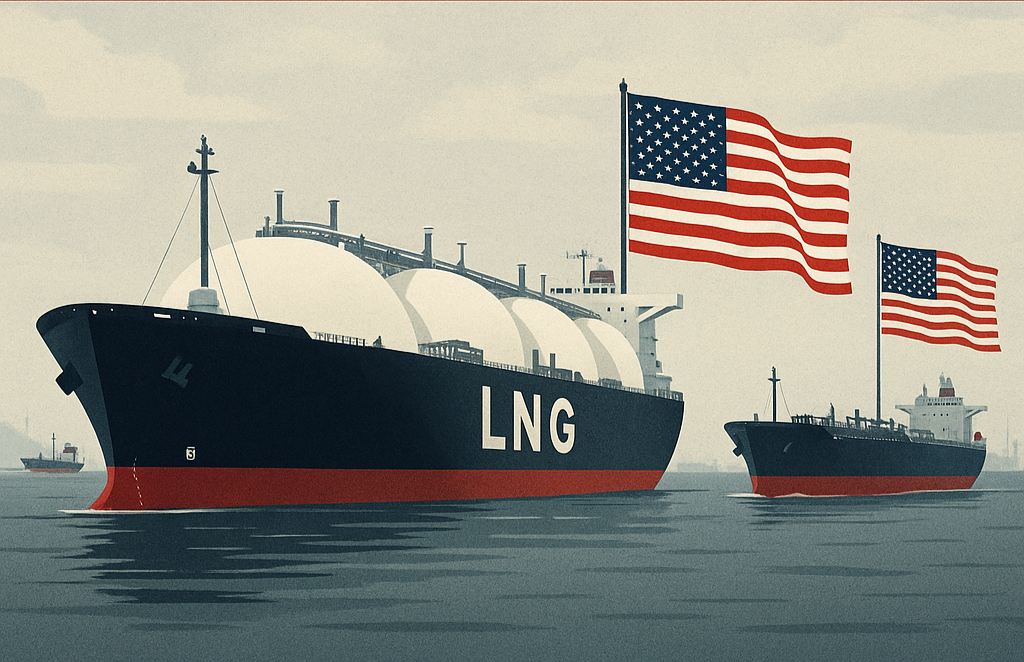
In a major development shaking up global energy markets, China has completely stopped purchasing liquefied natural gas (LNG) from the United States. This suspension, now stretching past 40 days, marks the longest halt in trade between the two nations since mid-2023. The pause in LNG imports is largely seen as a direct consequence of the rising trade tensions between China and the U.S., further intensified by newly imposed tariffs on both sides.
Earlier this year, in February 2025, China slapped a 15% tariff on American LNG, a retaliatory move responding to fresh U.S. tariffs on Chinese imports announced by the Trump administration. Since then, Chinese energy firms have not only suspended purchases from the U.S. but have also redirected shipments already en route toward other markets, particularly Europe. In addition, China has been actively seeking long-term alternatives, and its recent 15-year LNG supply agreement with Australia’s Woodside Energy — set to commence in 2027 — highlights Beijing’s commitment to diversifying its energy sources beyond American suppliers.
For the U.S., this halt poses a significant challenge. Liquefied natural gas exporters now face an increasingly uncertain future, with global competition intensifying and long-term contracts hanging in the balance. The sudden redirection of U.S. LNG shipments to Europe and other Asian markets could also lead to an oversupply, which may depress domestic natural gas prices and disrupt the financing of new LNG projects.
Meanwhile, China has responded to the standoff by ramping up its domestic natural gas output, which has seen a year-on-year increase of 3.7% in early 2025. The country is also deepening its energy ties with the Middle East and Australia while continuing to invest in Belt and Road infrastructure projects to secure diversified energy pathways for the future.
Beyond the immediate bilateral standoff, the suspension is expected to have ripple effects across the global energy market. The rerouting of U.S. LNG cargoes to Europe and other regions may create new pricing pressures and sharpen competition between major energy exporters. European nations, still keen on reducing their reliance on Russian gas, stand to benefit from the surplus American LNG now looking for buyers.
Adding more fuel to the trade fire, just today — April 18, 2025 — the U.S. government announced fresh tariffs on Chinese ships docking at American ports. The new measure, part of President Trump's strategy to challenge Chinese dominance in global shipping, is expected to further escalate tensions and complicate future LNG negotiations between the two powers.
The halt in LNG trade between the U.S. and China highlights the fragile and often politicized nature of global energy dependencies. Both nations appear determined to safeguard their long-term interests, even if it means reshaping the flow of one of the world's most vital commodities.
Disclaimer:
This article is intended for informational purposes only and does not constitute financial, trade, or investment advice. The data and insights shared here are based on the latest available news and may change as the situation develops. Readers are advised to conduct their own research and consult qualified professionals before making any financial decisions based on this information.




